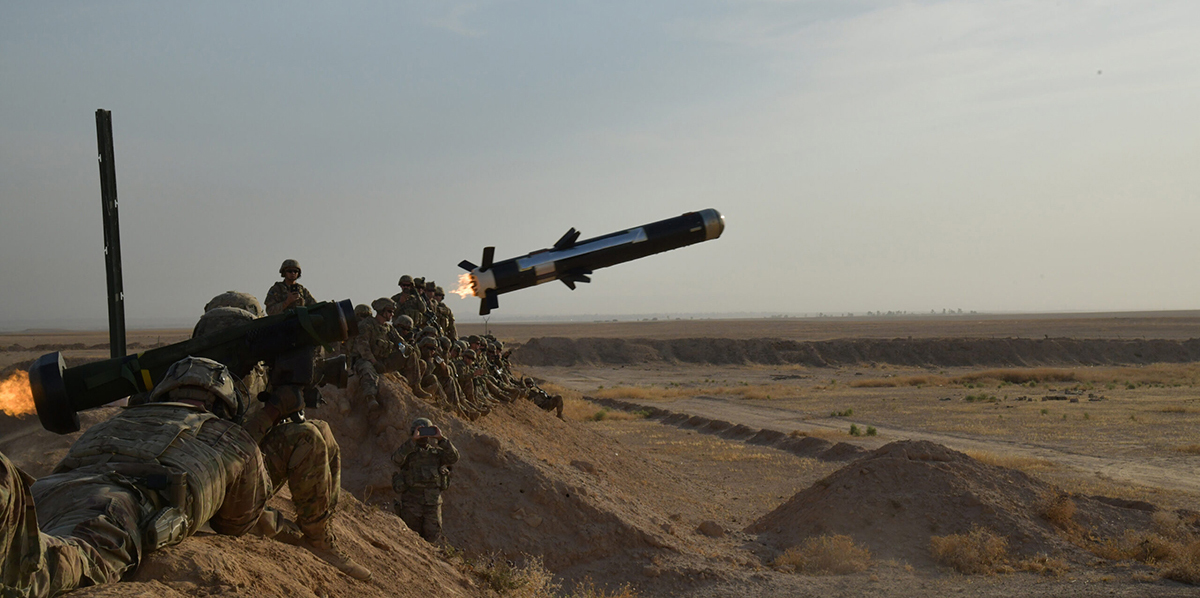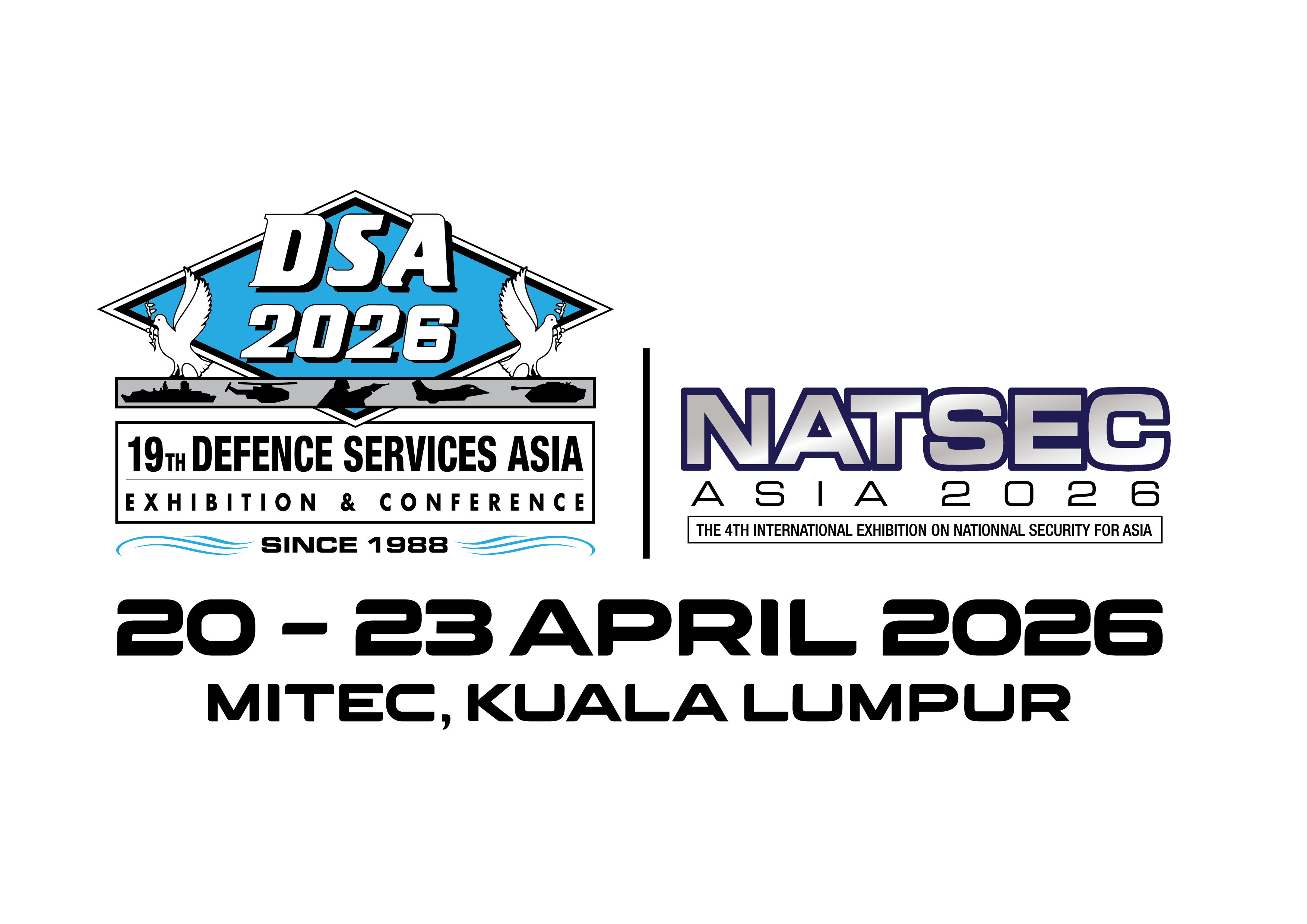INDUSTRY NEWS

CHAIN REACTIONS
By: editions.shephardmedia.com
The number of challenges to the supply chain defence companies have faced in recent years is unprecedented. With exports to Ukraine and embargoes against Russia, the ability of militaries across the world to replenish stocks has been massively reduced.
Progressing with essential programmes and maintaining a reliable supply chain have been a challenge for many armed forces in the last few years. After facing financial issues and the impact of the COVID-19 pandemic on the defence industry, armies worldwide are now confronting the wider consequences of the war in Ukraine.
This conflict has seen the supply of a huge amount of military equipment from Western companies, which is being used up at an unexpected pace. In this sense, the decision of many nations to provide ammunition and other items to the troops of President Zelensky requires a huge effort from industry to resupply these stocks.
Manufacturers have had to scale up production, which exposes issues related to the quality of their workforce, shortages of key materials and components, reduction in the industrial base and the speed at which national industry can manufacture certain items.
In the US, for instance, the production of some ammunition and armaments has become a pressing concern. This is especially the case with the Stinger MANPADS and Javelin ATGM.
The US military has donated around 7,000 units of these weapons from its stockpiles. Although it will take (at best) more than 12 months to replenish the US inventory of Stingers and Javelins, the future of those stocks remains unclear as the DoD has not outlined a timescale for their replenishment.
Furthermore, the US has not needed to produce such large volumes of missiles and ammunition in recent years. As a result, many suppliers have either gone out of business or are no longer able to produce munitions that can engage ongoing and future threats.
Similar issues have been affecting other countries. In the UK, defence supply chains are constrained by shortages of critical industrial skills. In Europe, in general, apart from pressuring supply chains, geopolitical developments have also been driving inflation higher.
Russian industry will face even more serious supply chain difficulties in the near term. Apart from the material losses from the war in Ukraine itself, its defence companies will also need to overcome international sanctions.
Measures introduced by many different countries are preventing Russian manufacturers from accessing Western technological and financial resources. The sanctions are hitting suppliers of uncrewed and communication systems, missiles, ammunition, helicopters, fixed-wing aircraft and spectral and thermal imaging equipment, as well as suppliers of metal components. In this sense, countries that operate Soviet-era and post-Soviet equipment will also have problems with keeping their inventories operational as they are prevented from negotiating with Russia and cannot access spare parts, sensors and systems.
As the war in Ukraine has no end in sight, states around the world must find ways to expand their supply chains, harden the defence industrial capacity and increase the supplier base. Including more SMEs in the production chain of military equipment could mitigate the effects of the current crisis.
It could also be beneficial for supply chain resiliency to involve vendors that are mainly active in civil industries but can provide essential components to military projects (such as semiconductors, composites and chips).
Another near-term solution to avoid uncertainty in the market could be to strengthen cooperation with international allies and partners instead of trying to produce everything nationally.
Although supply chain changes can sound complicated at first sight, they would not require reinventing the wheel. Countries just have to identify what best suits their programmes, work closely with industry and seek more partners.
Source:
https://editions.shephardmedia.com/2022/06/09/lw-03-22-comment/pugpig_index.html
